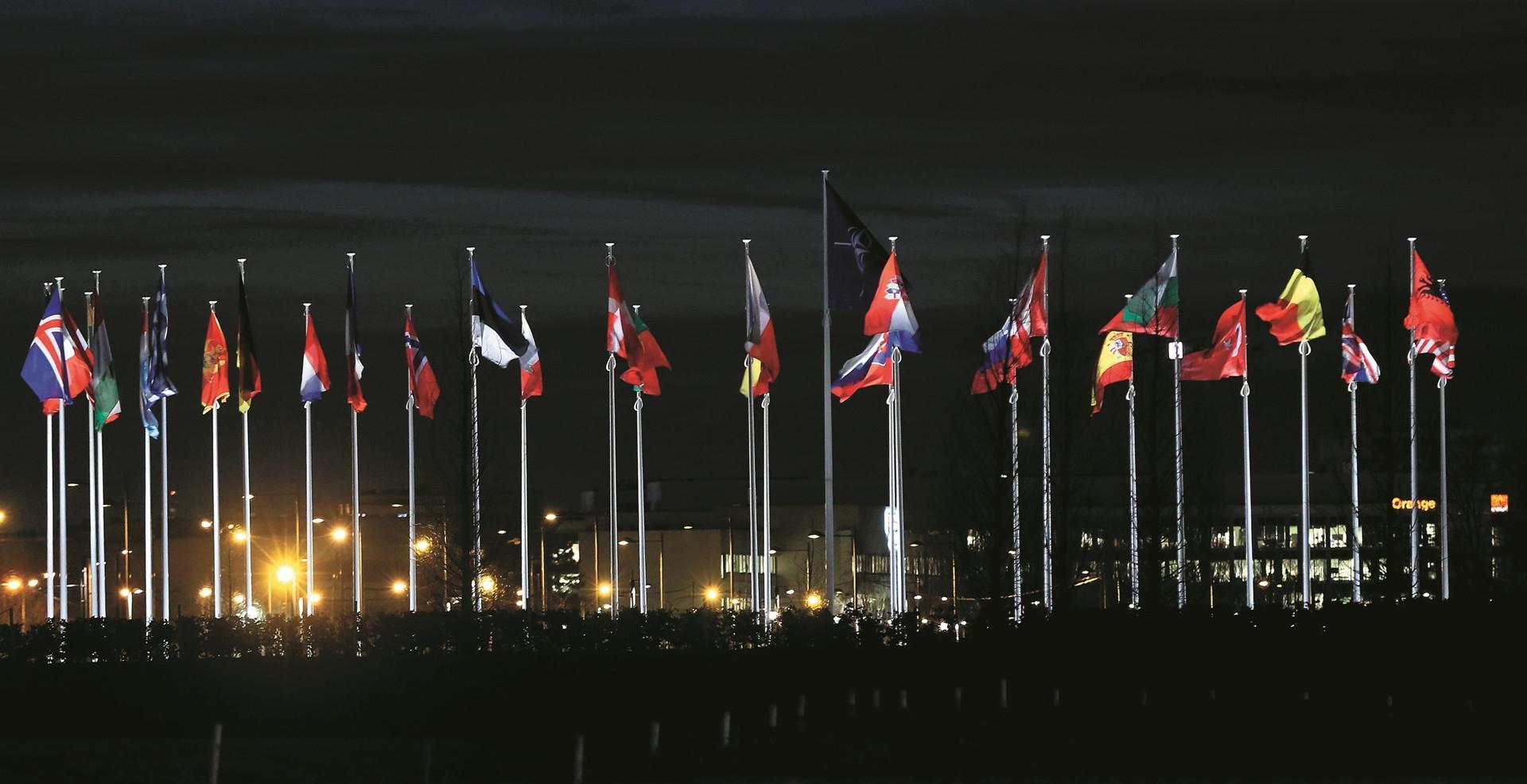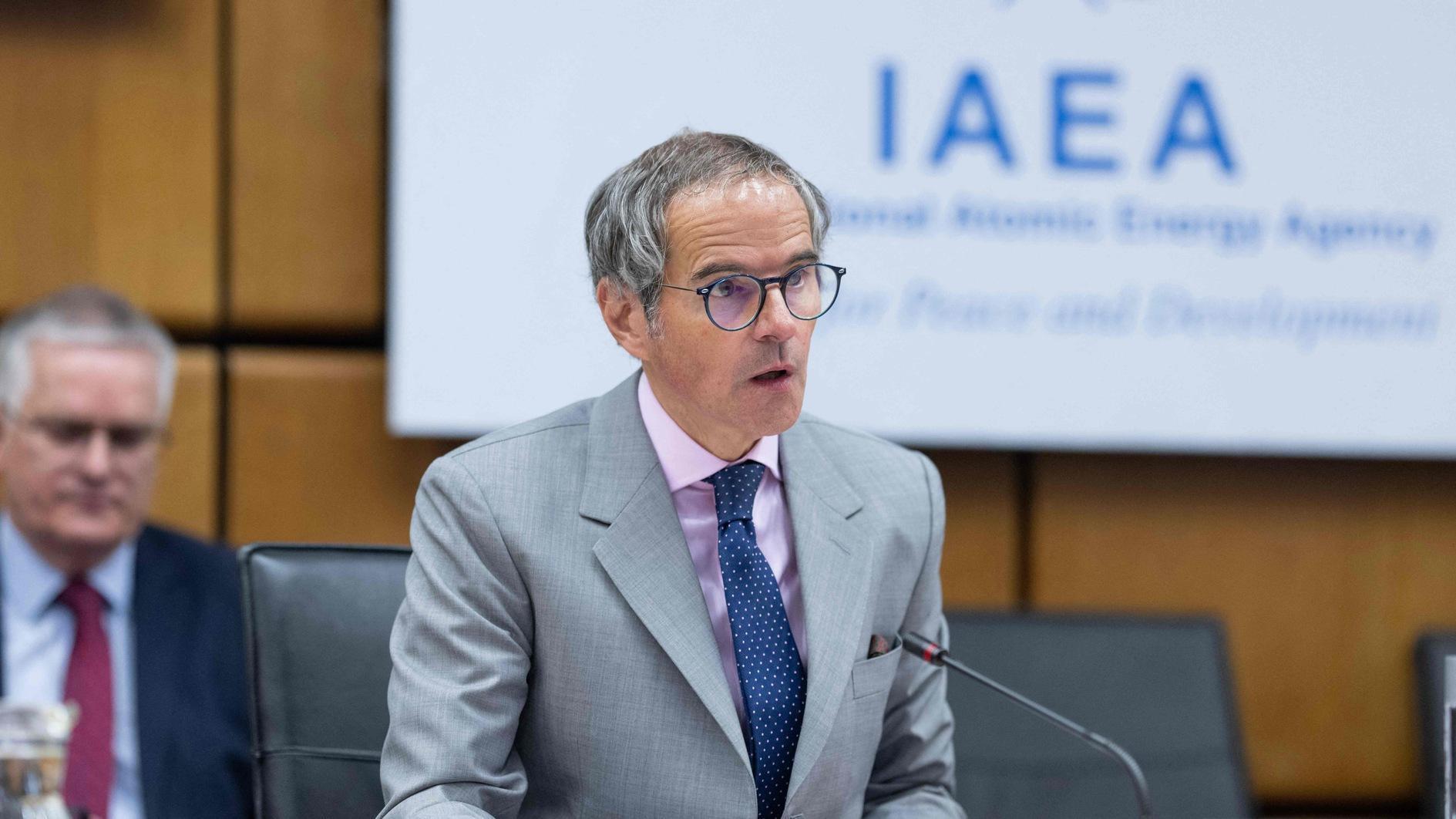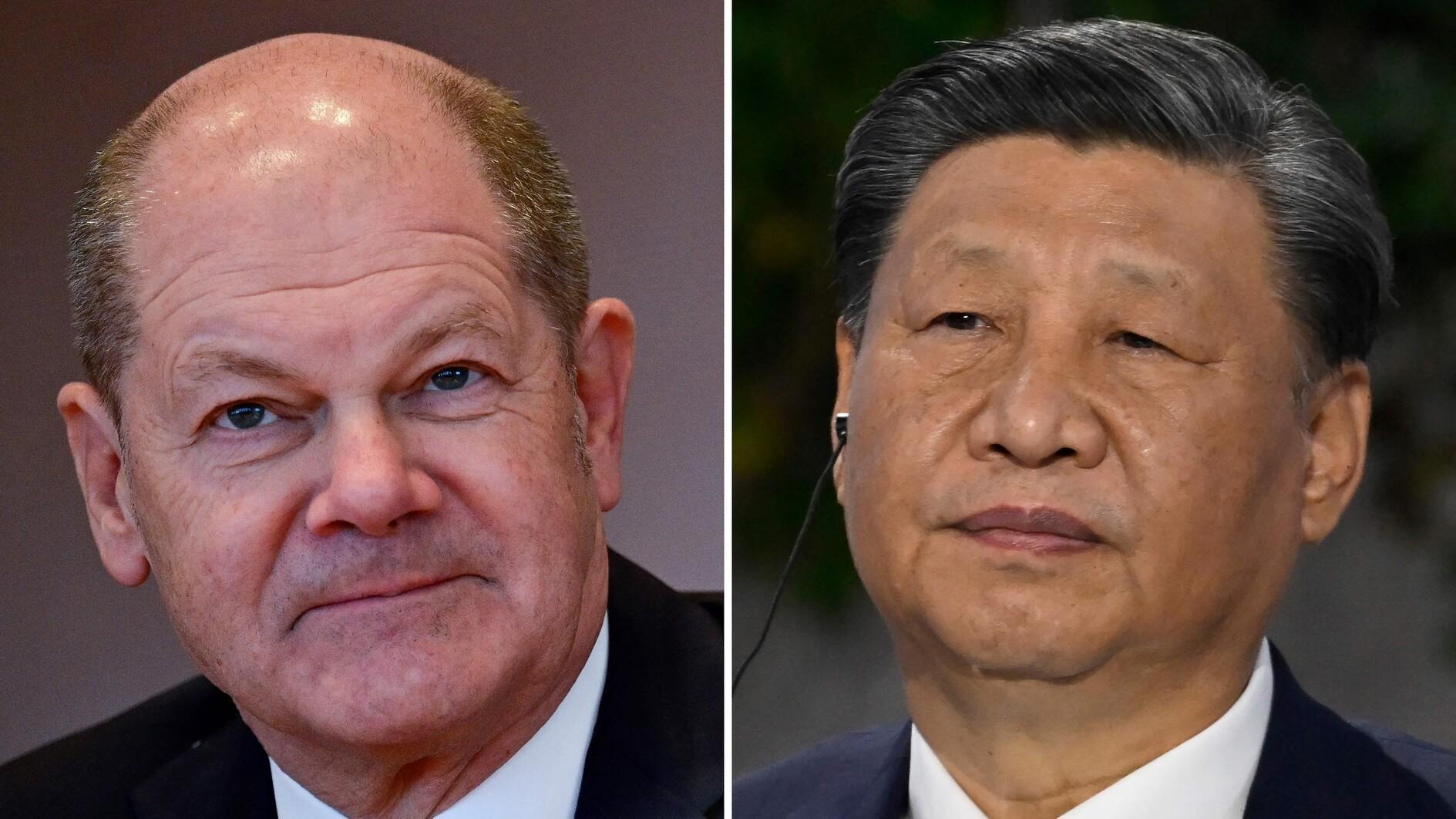NATO tells Iran to avoid 'further provocations'
BRUSSELS-Agence France-Presse

Tehran should avoid "further violence and provocations", NATO chief Jens Stoltenberg warned on Jan. 6, as tensions mount in the Middle East after U.S. forces killed a top Iranian general.
The warning came as the EU called an extraordinary meeting of foreign ministers in Brussels on Jan. 3 to discuss the fallout from the killing of Qasem Soleimani, head of Tehran's Middle East operations as commander of the Revolutionary Guards' Quds Force.
At a hastily-convened emergency session of NATO's ruling council on Jan. 6 afternoon, U.S. officials explained the thinking behind the decision to kill Soleimani at Baghdad airport on Jan. 3-- an operation that caught many of Washington's allies by surprise.
Stoltenberg stressed that the drone strike, which killed at least 10 people, was a "U.S. decision" but said the other 28 NATO members had repeated their longstanding concerns about Iran's destabilizing activities in the Middle East.
Asked twice whether any member states criticised the U.S. strike, Stoltenberg stressed their unity and their concern about Iran's behaviour.
"We have recently seen an escalation by Iran, including the strike on a Saudi energy facility, and the shoot-down of an American drone," Stoltenberg said.
"At our meeting today, Allies called for restraint and de-escalation. A new conflict would be in no-one's interest, so Iran must refrain from further violence and provocations."
Tehran has vowed to avenge Soleimani, one of Iran's most popular public figures and a key player in its network of alliances and proxy forces around the Middle East, while U.S. President Donald Trump has threatened "major retaliation" if any American targets are hit.
EU calls for restraint
European Commission President Ursula von der Leyen said the EU was talking to all parties to try to defuse tensions, calling for restraint and urging gains made in Iraq since the defeat of ISIL to be preserved.
"After recent developments in Iraq, now it is important to halt the cycle of violence so that one more action does not give rise to the next one, and instead space is again created for diplomacy," von der Leyen said.
Jan. 10's meeting of foreign ministers will also address the 2015 nuclear deal with Tehran, which curbed its nuclear programme in return for sanctions relief but is now teetering on the brink of collapse.
EU diplomatic chief Josep Borrell tweeted that the accord, which has been unravelling since Trump pulled out in May 2018, was "now more important than ever".
And he criticized Tehran's latest steps away from the accord, after it said it would forego the "limit on the number of centrifuges", casting doubt on an EU push for talks to salvage the deal.
Iranian FM invited to Brussels for talks
Borrell spoke to Iranian Foreign Minister Mohammed Javad Zarif at the weekend and issued a personal invitation to come to Brussels, but so far Iran has not given a public response.
At Jan. 6's NATO meeting the U.S. "provided the rationale behind the action against General Soleimani", Stoltenberg said but refused to give further details.
The situation has also deteriorated in Iraq, where lawmakers have called for the 5,200 U.S. soldiers deployed there to leave.
NATO maintains a 500-strong mission in Iraq, preparing local forces to take on ISIL extremists, but its core training activities have now been suspended until the security situation improves, Stoltenberg said.
A NATO diplomat told AFP the alliance would have to "wait and see" how Baghdad responds in the coming days.
"From our point of view the parliament resolution is not binding. We take note of it, but have to wait what the government is going to do," the diplomat said.
"We still think that the presence of international troops in Iraq should be continued in order to prevent a resurgence of ISIL. But we have to respect what the Iraqi government will eventually decide."
Britain, France and Germany issued a joint statement late on Jan. 5 urging Iran to "refrain from further violent action or proliferation" and criticising the "negative role" Tehran played in the Middle East through Soleimani's forces.
















